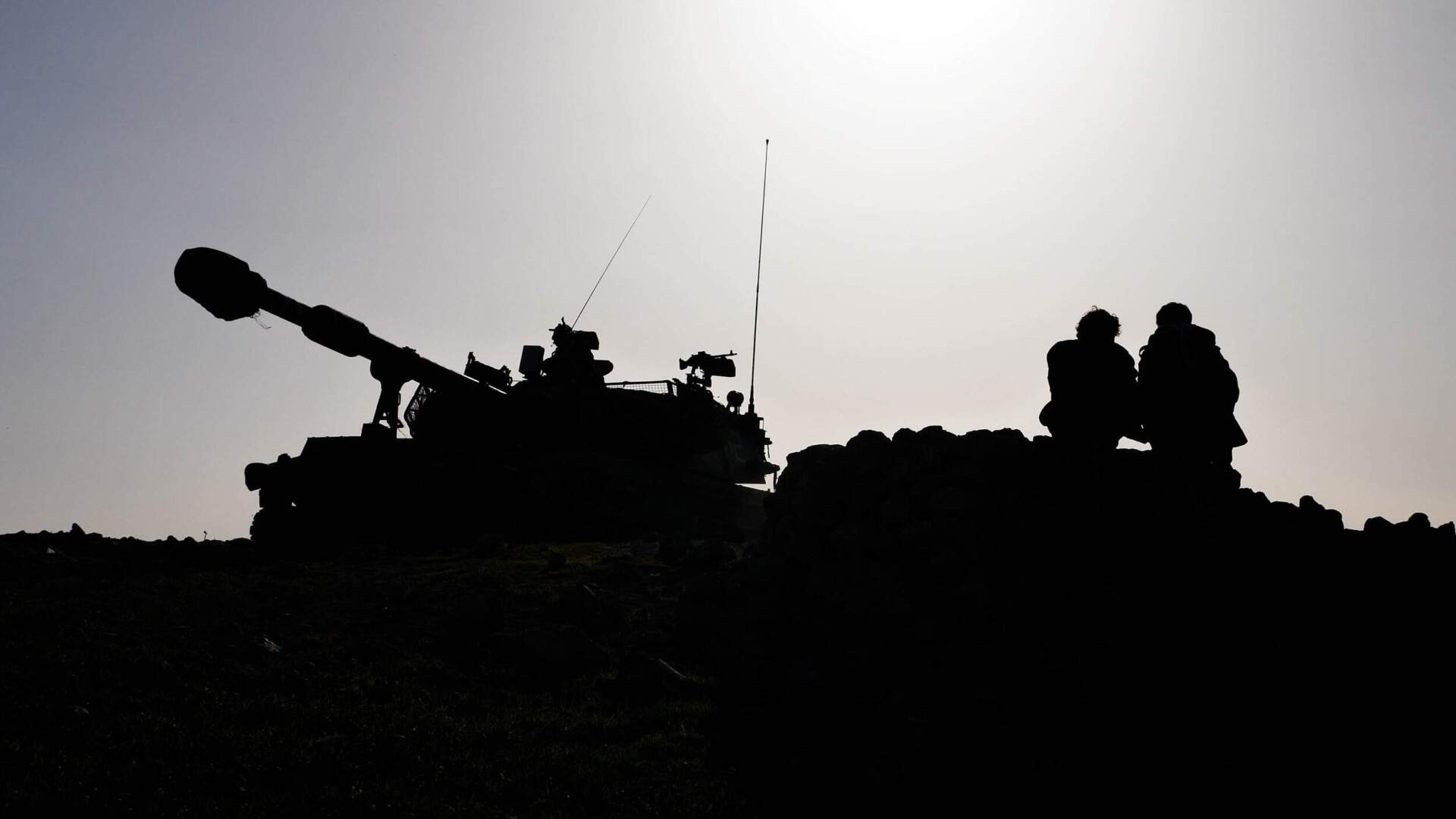The most unanimously acclaimed film of 2024, “No Other Land” was rapturously received at the Berlin, Toronto and New York Film Festivals, going on to win the top documentary prize from New York, Los Angeles, Boston and Chicago critic groups, as well as the National Society of Film Critics. Yet you almost didn’t get a chance to see it. Released in 24 other countries, “No Other Land” was unable to find a U.S. distributor. Nobody here would touch it. After receiving an Oscar nomination for Best Documentary, the filmmakers decided to release the movie themselves, taking it first to New York City’s Film at Lincoln Center and expanding this weekend to 20 more markets, including locally at the Coolidge Corner Theatre.
So what gives? This is hardly an especially incendiary or offensive picture. A co-production between Palestine and Norway, the film was co-directed by a team of Israeli and Palestinian journalists who spent four years between 2019 and 2023 documenting the destruction of the Masafer Yatta villages in the West Bank. Home to farming communities who have lived on this land for generations, the area was designated by the Israeli Supreme Court as a military training ground for tank exercises, leading to the eviction and forced expulsion of almost 1,800 Palestinians. Culled from nearly 2,000 hours of footage, the film depicts a cold and dehumanizing process by which people are forced to stand and watch helplessly as their homes and schools are bulldozed. It asks that we watch, too.

I get why “No Other Land” might sound like a tough sell. Distributors are in business to make money and the documentary landscape has been so disrupted by Netflix and the other streamers that there’s not a lot of call for anything these days beyond crassly exploitative true crime stories or hagiographic portraits of boomer musicians. This is a touchy issue, especially after the Hamas attacks of Oct. 7, 2023. Here in the land of the free and the home of the brave, saying the wrong thing on the subject can get you kicked out of school, pushed out of your job as university president or cost you the lead role in a crummy horror franchise. (Honestly, I had some trepidations about even taking on this review assignment.) But the thing about excellent films is that they deserve to be seen, even if the filmmakers have to bring them around from theater to theater themselves. And “No Other Land” is an exceptional piece of filmmaking.
The film follows the friendship between idealistic Israeli journalist Yuval Abraham and Basel Adra, a lawyer and activist born in Masafer Yatta. The young men work together, trying to bring the world’s attention to these poor folks who are losing their homes to cruel and often brutal displays of state power. (Abraham and Adra are credited as co-directors on the film, as are Israeli cinematographer Rachel Szor and Palestinian photographer Hamadan Ballal.) Adra grew up hearing his activist father tell a story about how a photo-op from a visiting Tony Blair saved their elementary school from being demolished, and he’s convinced that such attention is what it takes to bring about change. This is why Adra’s constantly glancing at his phone to check the stats on social media stories he’s just posted. Is anybody watching? Does anybody care?
Amid the viscerally upsetting scenes of eviction and destruction, “No Other Land” takes time for long, late-night conversations between Adra and Abraham as they sit up smoking, speculating about their futures and wondering if there’s anything anyone can do to make a difference. Abraham is a good friend and valuable ally, but there always lurks the reminder that he can leave and drive home every evening — on roads that are forbidden to Palestinians — generally coming and going as he pleases in a place where his friends and co-workers cannot. Later in the film, co-director Ballal snaps at him in frustration, wondering how much longer it will be possible for him to remain friends with an Israeli: “It could be your brother or friend who destroyed my home.”

The filmmakers have an eye for arresting images. Using a mix of cellphone footage, professionally shot video and old home movies, “No Other Land” lingers on evocative moments like a child’s balloons sailing away during a protest attacked by IDF troops, or surreally discordant contrasts — like a washing machine out in an empty field or a flatscreen TV hanging on a cave wall. (A lot of the displaced farmers are driven underground, denied permits to build again.) But are such images enough? By the end of the film, even that school saved by Tony Blair will be a pile of rubble.
“No Other Land” was completed in October 2023, and as one might imagine, the situation in Masafer Yatta has not improved. A chilling epilogue shows one of Adra’s cousins being shot at point blank range by settler terrorists, and while I was writing this review one of the filmmakers reported being surrounded by another attack. It’s important that this footage is out there and a major victory that the movie is finally able to be seen by U.S. audiences. But I can’t help thinking about what an exhausted Abraham asks near the end of the picture: “Somebody watches something, they’re touched, and then?”
Advertisement
The film doesn’t have an answer. But at least now we can consider the question.
“No Other Land” opens Friday, Feb. 7 at the Coolidge Corner Theatre. After Friday’s 7 p.m. show, there will be a panel discussion featuring the Boston Palestine Film Festival Programming Director Michael Maria, Salma Abu Ayyash of the Learning Incubator at Harvard University and Leila Farsakh, a political science professor at University of Massachusetts Boston.
